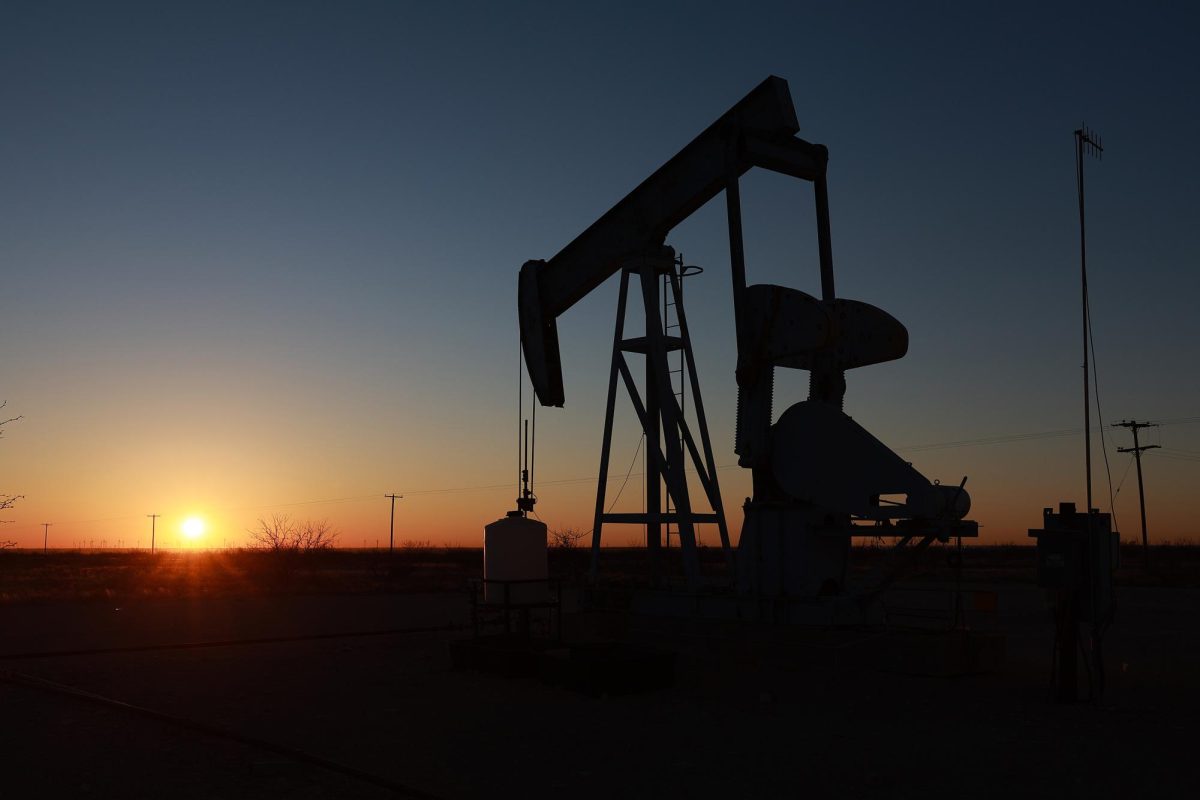Five shocking things the United States could afford if it stopped funding oil companies.
According to the Senate’s Committee on the Budget, the United States gives about $646 billion dollars in subsidies, aid, and other funding to the oil industry each year. Oil, though more expensive to produce than green energy (United Nations), is an extremely powerful industry with the money to keep politicians on their side.
Oil needs this money to compete with green energy, and thanks to lobbying, politicians have decided that the oil baron’s profit matters more than other things that we “can’t afford” in the United States. Here are five things that the government could do if they stopped funding big oil for one year:
House every homeless person
From our $646 billion dollar budget, $20 billion (Giving Compass) dollars will go towards ensuring that the homeless have a roof over their heads with working appliances, water, and electricity. Fun fact: there are over 650,000 (USA Today) homeless people and 16 million vacant homes (United Way NCA) in the United States. Ending homelessness will in turn reduce drug and alcohol use, particularly in public. It will reduce crime and disease, prevent deaths by exposure, and improve cities’ public spaces.
Replace every lead pipe
With $626 billion dollars remaining, $45 billion (Brookings) will be used to replace every lead water pipe. You may have seen videos of Flint, Michigan’s disgusting, discolored water. The culprit is lead piping. Lead from this plumbing makes its way into the water, contaminating it and causing lead poisoning. This illness leads to horrific physical and mental effects on the body, causing everything from nausea to reduced IQ (Mayo Clinic). Worse still, this problem disproportionately affects people of color, particularly black and Native American (Medical News Today, Grist) people because the places where these people live just so happen to be the ones who have yet to have had their pipes replaced.
End food insecurity
$25 billion dollars (Global Giving) would be allocated to ensuring that every American is able to afford enough food to eat every day. 44 million Americans – including one in every five children (Feeding America) – currently struggle with food insecurity. Although charities exist to help these people, they have limited resources, outreach, and accountability. Government involvement through things like free or reduced-price school lunches have the potential to be more effective.
Switch to regenerative agriculture
For $56 billion (Overshoot Footprint Network) dollars, the government could incentivize farmers to use sustainable farming practices that increase yield and decrease soil degradation as well as water and pesticide use. This could reduce up to 10% of U.S. carbon emissions (USDA). Farmers are currently stuck on the old, inefficient ways because they’re easy and cheap. Overtime, however, the cost of environmental damage adds up. Investing in a switch now will help prevent a disaster with incalculable costs.
Make college free
With $58 billion dollars per year (Education Data), the U.S could provide a free college education for every student in the United States, eliminating student loan debt for all students moving forward and increasing the overall education level drastically over time.
$487 billion dollars remain. These could be used to fund equally important but more expensive projects for the public good, such as free healthcare, improved infrastructure, or prison/police reform. The US is the wealthiest nation on earth (World Population Review). The government can afford to make your life better, it just isn’t at the top of their priority list.


